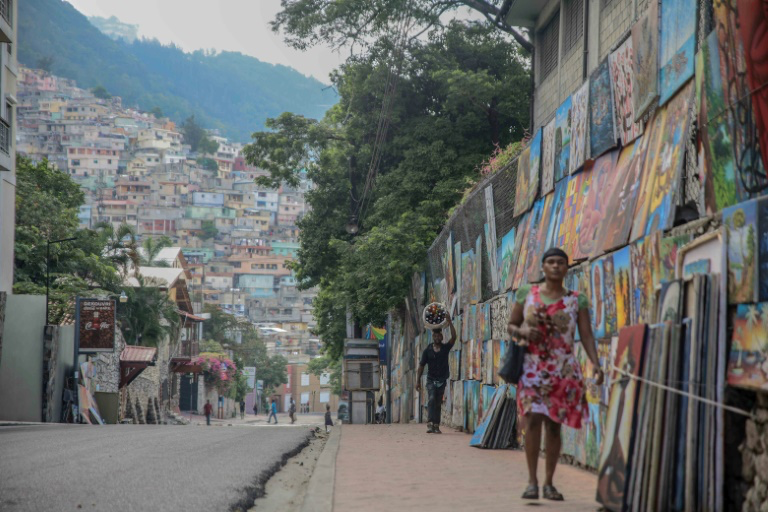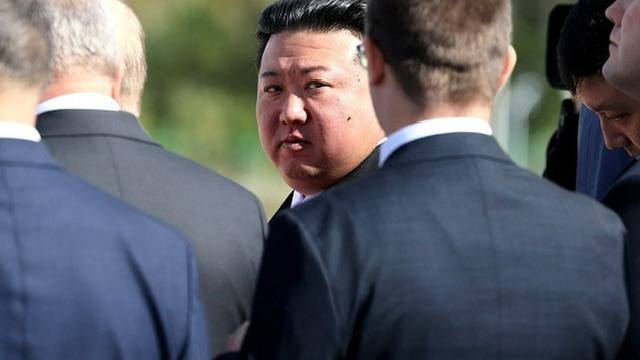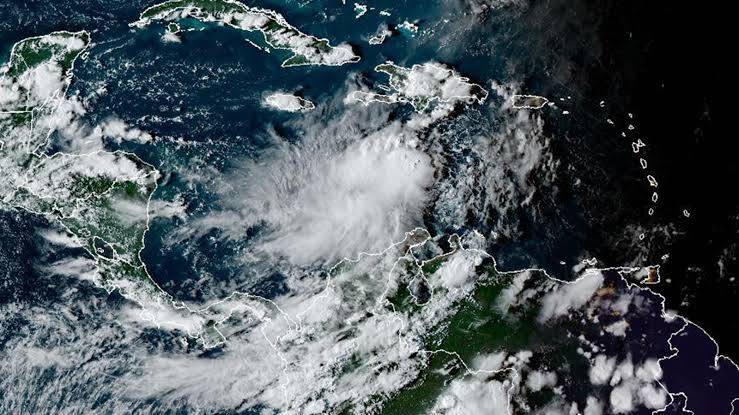Cholera outbreak in Haiti worsens

After more some three years with no confirmed cases of cholera in Haiti, October 2022 has seen a return of incidences; this began with two confirmed cases of the bacterium Vibrio cholera O1 in the greater Port-au-Prince area. Cases are now standard in the several hundred, according to the World Health Organization (WHO).
On October 20, 2010, the first cholera outbreak ever confirmed in Haiti was recognised ten months after a major earthquake that killed over 200,000 people and displaced over 1 million. This crisis was addressed in 2019; it has now re-emerged.
The current cholera outbreak impacts Port-au-Prince and Cité Soleil. In addition, both of these areas are experiencing civil unrest, with several thousand people having been displaced as a result of the increase in violence.
Cholera spreads very quickly in conditions of high vulnerability, characterised mainly by the deterioration of hygiene conditions, lack of quality water and improper waste disposal.
The bacterial disease causes rapid onset of severe diarrhoea and dehydration. As of mid-October, the waterborne bacterial infection has caused at least 35 official deaths, with more than 600 suspected or confirmed cases. Difficulties accessing water present a high risk of expanding the epidemic to other departments in the country.
The relief efforts are being led by the Pan-African Health Organisation (PAHO) and WHO. The two organisations work with the Ministry of Health (MSPP) and other international agencies and partners. These efforts are geared towards supporting the National Cholera Response plan.
The plan is based on the following six pillars:
- Laboratory and epidemiological surveillance.
- Case management.
- Water, sanitation, and hygiene (WASH).
- Communications and community engagement.
- Crosscutting sectors logistics and coordination.
To avoid further loss of life, PAHO/WHO is coordinating the scale-up of case management by providing lifesaving medical supplies to help to open and run Cholera Treatment Centers (CTCs) in the most affected areas.
The current political situation is hampering the current health situation in the country. Haiti is currently facing complex socio-political factors and fuel blockades, significantly affecting the operation of health services and the provision of humanitarian assistance.






0 Comment